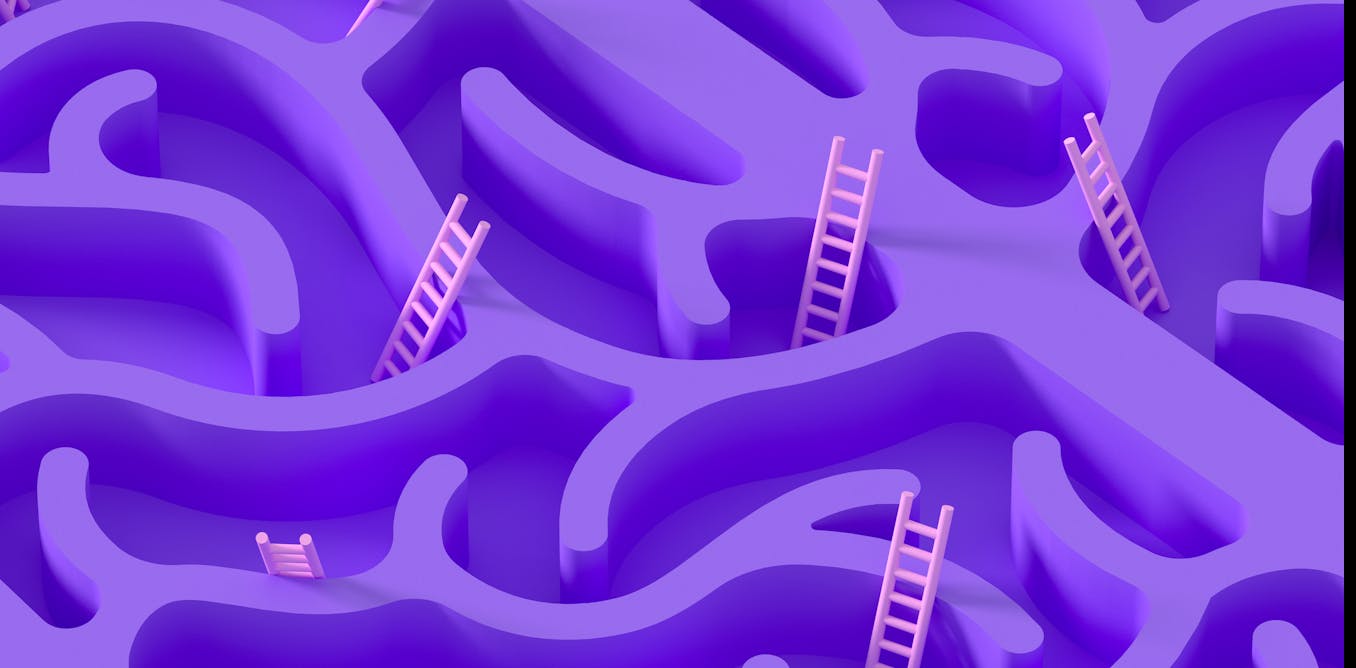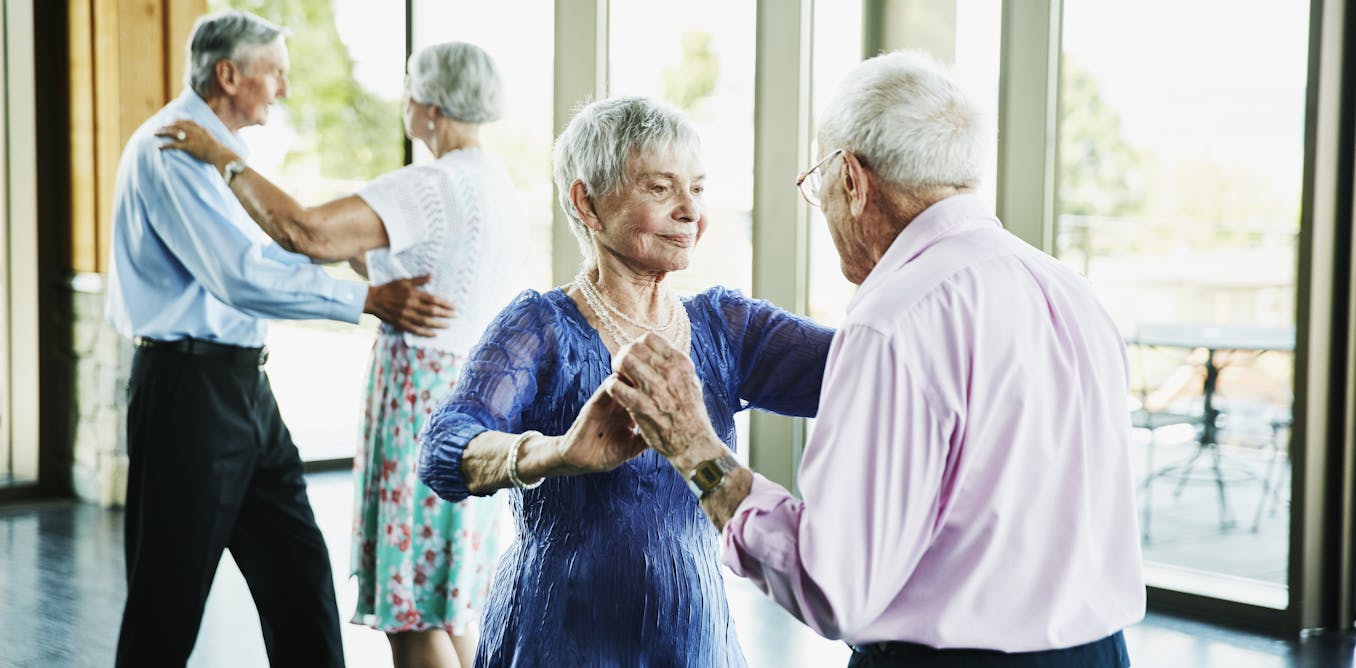What's your chronotype? Knowing whether you're a night owl or an early bird could help you do better on tests and avoid scams
Synchronizing your daily activities to your circadian rhythm could help you improve your performance on a variety of cognitive tasks − and even influence diagnosis of cognitive disorders.
Nov. 6, 2023 • ~8 min








